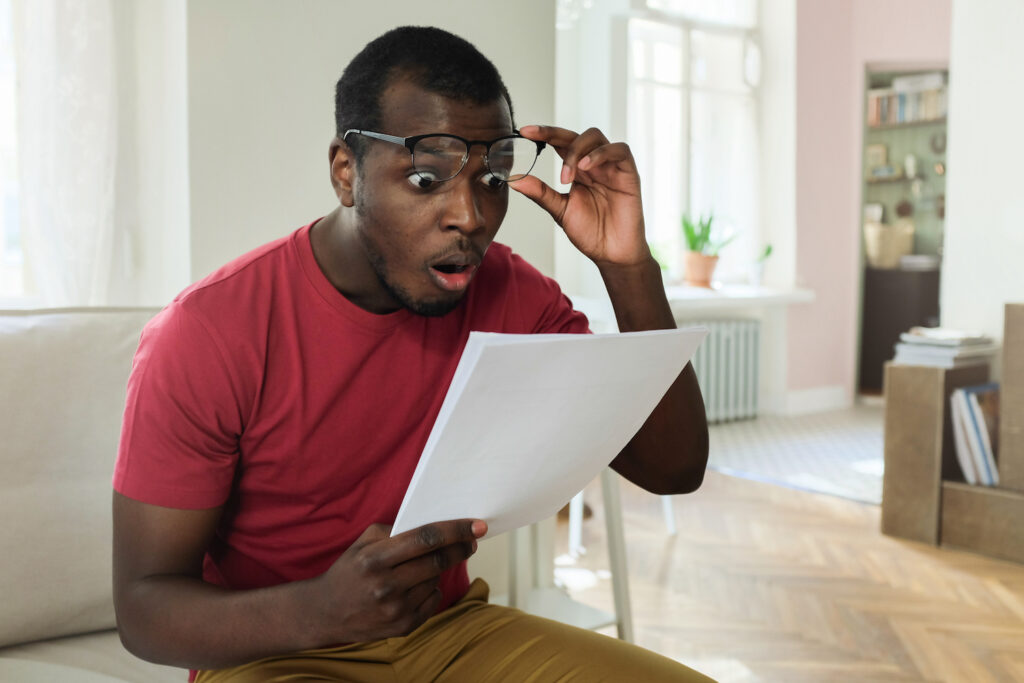Have you recently received a higher-than-expected water bill? Or has your water bill been inching up for no discernable reason? It could be your family members are taking more showers in this especially hot summer, or that your kids are home for the summer and using more water than normal. But if you can’t find a reason for higher water consumption, it might be time to check for water leaks in your home.
Check obvious spots first
- Look for dripping faucets in all your sinks, bathtubs, and showers. Slowly dripping shower heads or faucets are certainly annoying but can also be costly. One drip per second can waste up to 250 gallons of water every month!
- Check your water heater, washing machine, and dishwasher for any signs of external water. This includes looking for water damage on the floor around each of these appliances too.
- Check your toilets to see if you hear them running once the tank refills after you flush. Toilet leaks can waste literally hundreds of gallons of water a day.
- NOTE: A good way to check if you have a toilet leak is to put a little bit of food dye in the tank, wait 15 minutes to a half hour, and see if any of the dye seeps into the toilet bowl. If it does, you have a leak that needs to be fixed. Be sure to flush the toilet after this test to ensure the bowl doesn’t stain.
- Check all of your outside faucets to see if any are on or dripping water when off. If you have an irrigation system for your landscaping, check your lawn for unusually damp patches or areas where the grass or plants are lusher than others.
Look at your water meter
First, turn off all the water in your house. Then go take a look at your water meter. If you see the triangle or numbers on the face moving, it either means you have a leak or you didn’t turn off all the water. (If you don’t know where your water meter is, call the water company and ask.)
Look for service line leaks
Leaks can develop in your home’s water service line too. These are harder to identify, but there are some signs that indicate a problem.
- Walk around the yard on a sunny day and see if you have any wet areas or squishy ground between your water meter and house.
- Kneel close to your water meter and see if you hear running water or a hissing sound when all of the water in your home is shut off.
- Look at the area where the water line joins your home. If you see water leaking into your basement, crawl space, or pooling around your foundation slab, you may have an issue.
Even a small leak can lead to thousands of dollars in damage to your home, so checking routinely is a good idea. If you find something that worries you, call a reputable plumber to come and check it out. (We can provide referrals to good plumbers if you want.) And if you have damage from an undiscovered leak that needs to be addressed, we are happy to help fix the problem and put your home back in its original (or better) condition.

